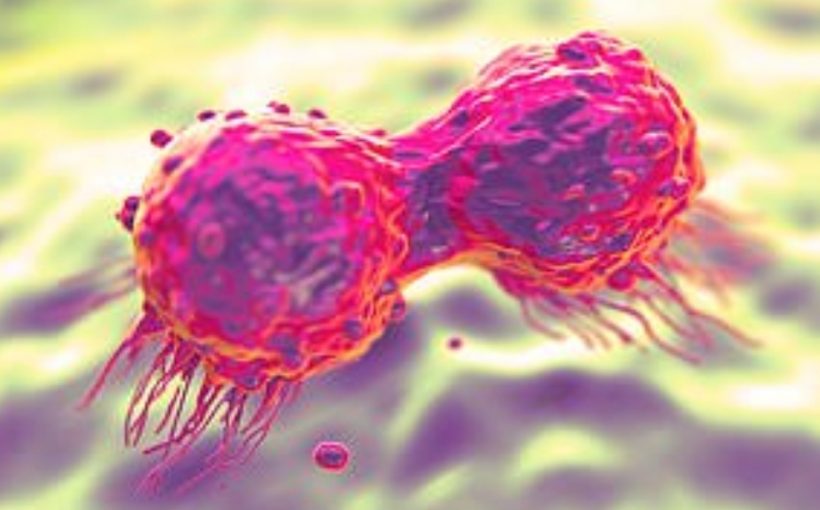During an organism’s development, the conditions of the surrounding natural environment can determine the organism’s traits. A University of Georgia scientist

stay healthy…

During an organism’s development, the conditions of the surrounding natural environment can determine the organism’s traits. A University of Georgia scientist

A group of Emory University scientists wants to use a sweat test to pre-screen people for PTSD immediately following a

Breast cancer develops from a cancerous cell which develops in the lining of a duct or lobule in one of

Chronic kidney disease (CKD), also called chronic kidney failure, describes the gradual loss of kidney function. Kidneys filter out waste products

Blue-green algae refers to several species of bacteria that produce blue-green colored pigments such as spirulina. They grow in salt

Candida albicans is pathogenic yeast that lives in the human gastrointestinal tracts. But researchers found that when it was injected

A jagged little protein appears to be key to how cancer stem cells differentiate and enable metastasis, according to researchers

Age-related dementia is a terrible debilitating condition, which affects millions around the globe. It is one of the reasons why

Menopause is defined as the changes a woman goes through just before and after she stops her periods and is

Celiac disease is a genetic autoimmune disorder in which gluten leads to damage in the small intestine. Gluten provokes inflammation